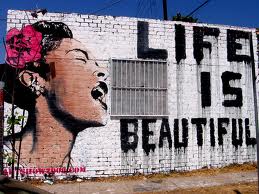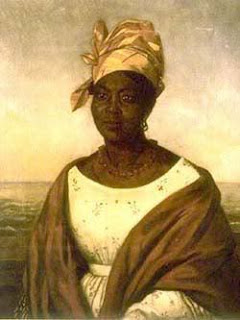This switch from Tax Credits to Universal Credit shines a light on the incompetence of our UK Government and their attitude to one size fits all approach.
They have an attitude that seems to shine a light on the fact that they hate their own people and view us all with the same contempt.
Some of us have battled on and worked very hard over the years but it appears the Government do not like that and wish to punish us and force us further onto relying on tax payers funding of benefits due to our incompetence to work even harder.
I have run a business for the past 20 years with the help and safety net of Tax Credits, plodding along trying to grow and weave my way through the complexities of life as a single parent, I have employed people and rented out property and housed people all with the help and support of tax Credits, I have been able to grow as a person and stay off the dole, while helping others in the process.
I have worked hard, very hard but it seems that the savings I currently make the Government of £14,000 per year to educate my two by home educating and the further approximation of £5400 per year by me paying a mortgage instead of private rent and in addition the approximate £11,000 worth of childcare I save them in the percentage they pay towards childcare that I save by working my work hours around the kids at home instead of putting them in childcare to work, which works out to approximately £30,000 saving I make this Government each year, is clearly not enough, they now want to take a further £1000 from my pocket by switching me to Universal Credit.
The consequences of Universal Credit being that I will loose that £1000 per year until my two reach 13 and then we will loose double that amount, so clearly my mortgage payments will not be met and I will be forced to either sell the house and move into rented, keeping my business going as it is, but that means I will have to then claim housing benefit to help afford private rent thus taking a further approximation of £5400 per year in housing benefits payments or alternatively give up my self employment and look for employment to fit around the kids, probably paying minimum wage which will mean I will still need to claim housing benefit but also costing the government that extra money, as my twins will be forced into an inadequate school system so that £14,000 per year saving will be lost to the Government, so I will be costing them an extra £20,000 per year under the new system as opposed to the Tax Credit system, it will also further push me into poverty as I will now have ridiculously high school expenses to pay for and work expenses to pay for, eating up my minimum wage pay packet, leaving us less for food, not to mention the childcare that the government will have to pay a percentage for with the Child Care element and the rest paid for by myself, so that is a further couple of thousand per year the Government will have to find and I will loose.
While currently we 'just' manage on what I earn and the top up of Tax Credits and my cost to the Government is minimal, the switch to Universal Credit will make me more of a burden to this Government than I ever have been in my entire adult life, so while I commend the Governments attempt at pushing people to earn more, it will dismally fail, destroy lives and cost the Taxpayer an extra £30,000 per year in my case!...
This post doesn't even cover the devastation that will be caused by the minimum income floor which under Tax Credits is worked out on a yearly basis, many businesses have fluctuations in their earnings from month to month but under Universal credit of course it damn well makes sure you loose out even more and makes sure you jump through hoops every month in reporting earnings, so the above scenario for us having to move home and go into rented will be far worse and will be the tip of the ice-burgh of the problems and stress we are to face when you factor in the minimum income floor as well, it certainly does not look good for the self employed and will have a devastating effect on encouraging new business to flourish as they wont even get a chance to start, so not only will the Universal Credit cost the taxpayer more money and push me and others further into poverty, it will also stifle new business from even attempting to start up and grow.
Which bright spark thought up that system then?...
By the way it is not the first time that stupid Government policies have interfered with my life, by making any hard work I put in irrelevant, I had a home repossessed because Government decided to pass housing benefits onto tenants instead of landlords, meaning my tenant decided to spend the money on a couple of holiday's instead of the rent it was intended for, culminating in me loosing the house by government refusal to pay me direct.
I am sure the Government will not stop at Universal Credits, they will find further way's to demoralise and destroy its hard working striving people enough to ensure we all behave in a comatose way and become obedient citizens to its every whim and aim of making the fat cats fatter, because despite all our efforts this Government is intent on squashing us low life poor people!..


















